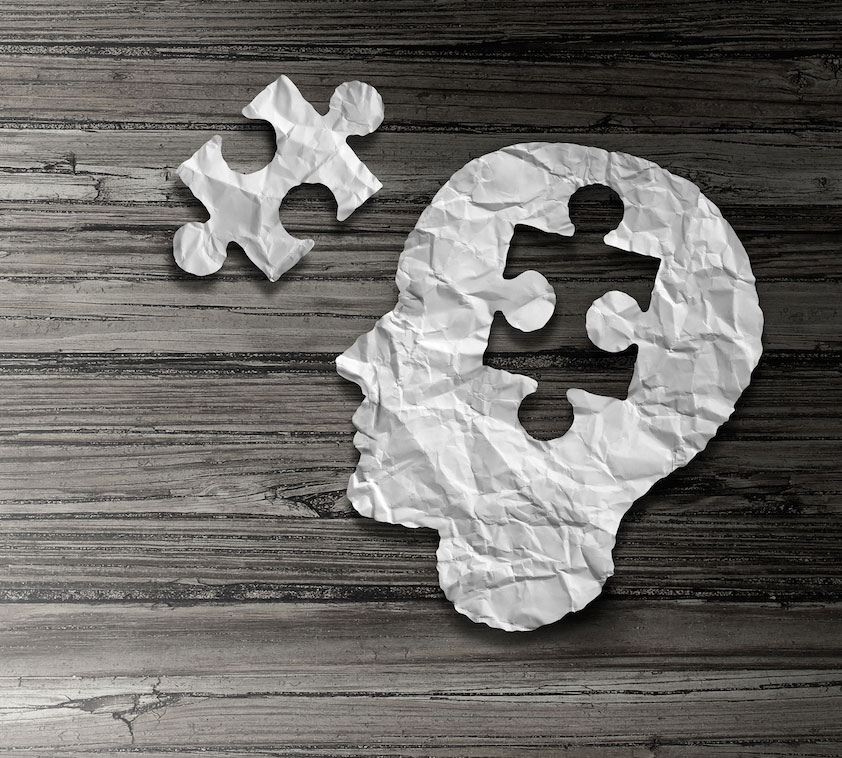More than 1 million Americans have Parkinson’s disease, essential tremor or dystonia, all of which affect the nervous system and cause worsening tremors, stiffness and loss of balance that severely impacts the person’s quality of life.
One effective treatment, deep brain stimulation, is a surgical technique that targets the specific part of the person’s brain that malfunctions. Specially-trained neurosurgeons implant electrodes in the brain and connect them to a pacemaker-like device through which they can direct production of electrical impulses that regulate the abnormal impulses.
To offer more information, the Hartford HealthCare Ayer Neuroscience Institute has scheduled a pair of free, interactive educational sessions called “Understanding Deep Brain Stimulation (DBS).” Each session – which can be joined easily on your phone, computer or tablet – will be conducted by nurse Sarah Zurek, Deep Brain Stimulation Program coordinator at the Ayer Neuroscience Institute.
Sessions are planned from 12 to 2 p.m. on both Wednesday, July 8, and Wednesday, Aug. 12.
They will touch on:
- DBS as a treatment for Parkinson’s disease, essential tremor or dystonia.
- Who is eligible for the procedure and what is needed before DBS surgery can be scheduled.
- Post-operative outcomes and care.
Each session will be followed by a question-and-answer session with Zurek.
The sessions are free but registration is required. To register, call 1.855.HHC.HERE (1.855.442.4373) or click here to register for the July 8 session or here for the Aug. 12 session. After you register, you’ll receive an email with easy instructions on joining the webinar.
Need to see your doctor? New Patient? For more information about Hartford HealthCare virtual health visits, click here.
Click here to schedule a virtual visit with a Hartford HealthCare-GoHealth Urgent care doctor. Find out more about COVID-19 antibody tests here.
Sign up for our “Coping with COVID” podcast series here.
Stay with Hartford HealthCare for everything you need to know about the coronavirus threat. Click here for information updated daily.
Questions? Call our 24-hour hotline (860.972.8100 or, toll-free, 833.621.0600).

